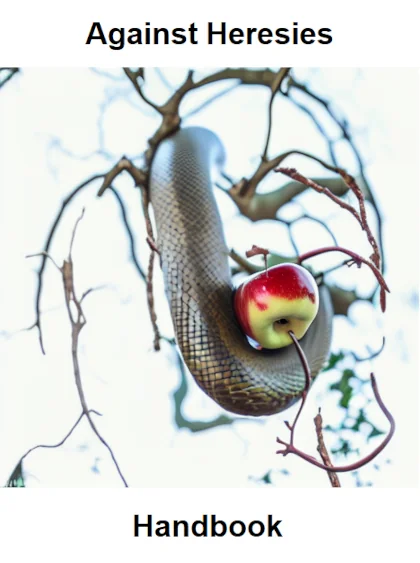Welcome to Christogenea.
Why did ancient Egypt, once the greatest of all nations, crumble into oblivion, where it has remained for 3,000 years? What happened to the glory of ancient Babylonia, or to Assyria? Where is the splendour of the ancient Persians, or the Medes, or Parthia? How have the Greeks, the pinnacle of ancient civilization, not produced anything of note as a culture since the fall of Byzantium nearly 600 years ago? What happened to the might and the majesty that was Rome, once far greater than them all? How, or why, have all of these once magnificent cultures for so long been little more than quarries for museum relics? America, and all of Christian Civilization, is now following in the footsteps of these ancient empires. It's absolutely true. The evidence is all around you. History does indeed repeat itself, again and again because people refuse to learn from it. But there is a solution.
You can deny it. You can rant and rave. You can scream. You can cry "hate" and utter blasphemies. You can make railing accusations. But you can't change the truth. A shining city on a hill cannot be hid. A lamp when lit is not placed under a couch. There is indeed a God of all creation. And there is indeed a race anointed by that God. Here it is identified. Whenever that race allows itself to amalgamate with others, it falls into permanent decay. Understanding this is one of the keys to all history, and it is the understanding of the rise and fall of all great cultures. You can go away mad, even spouting profanities, or you can face the reality, and consider the implications while investigating the assertions being made.
Use the navigation menu above, or if you are new to this site, ENTER HERE to begin examining the evidence! Click here to learn about our CHAT ROOM
Problems listening to podcasts? CLICK HERE for instructions. Using Android or iTunes? Use this link for our podcast feed: https://christogenea.org/podcasts/mp3feed Or CLICK HERE for more! [Updated: December 26th, 2021.]
Christogenea is reader supported. If you find value in our work, please help to keep it going! See our Contact Page for more information or DONATE HERE!











 On Genesis, Part 51: Redemption and Deliverance
On Genesis, Part 51: Redemption and Deliverance






 There is now a prototype mobile Android app for the Christogenea Forum. You may download it at the link below. You may need to change the settings on your Android-compatible device in order to install this app. For that, see the following article:
There is now a prototype mobile Android app for the Christogenea Forum. You may download it at the link below. You may need to change the settings on your Android-compatible device in order to install this app. For that, see the following article: 

 These past few years, and the past few months especially, Christogenea has been cut off from most of its sources of funding. While we may still be found on
These past few years, and the past few months especially, Christogenea has been cut off from most of its sources of funding. While we may still be found on 

 This is a series of four podcasts which William Finck pre-recorded in June of 2016 for the Weekend Report.
This is a series of four podcasts which William Finck pre-recorded in June of 2016 for the Weekend Report. 






